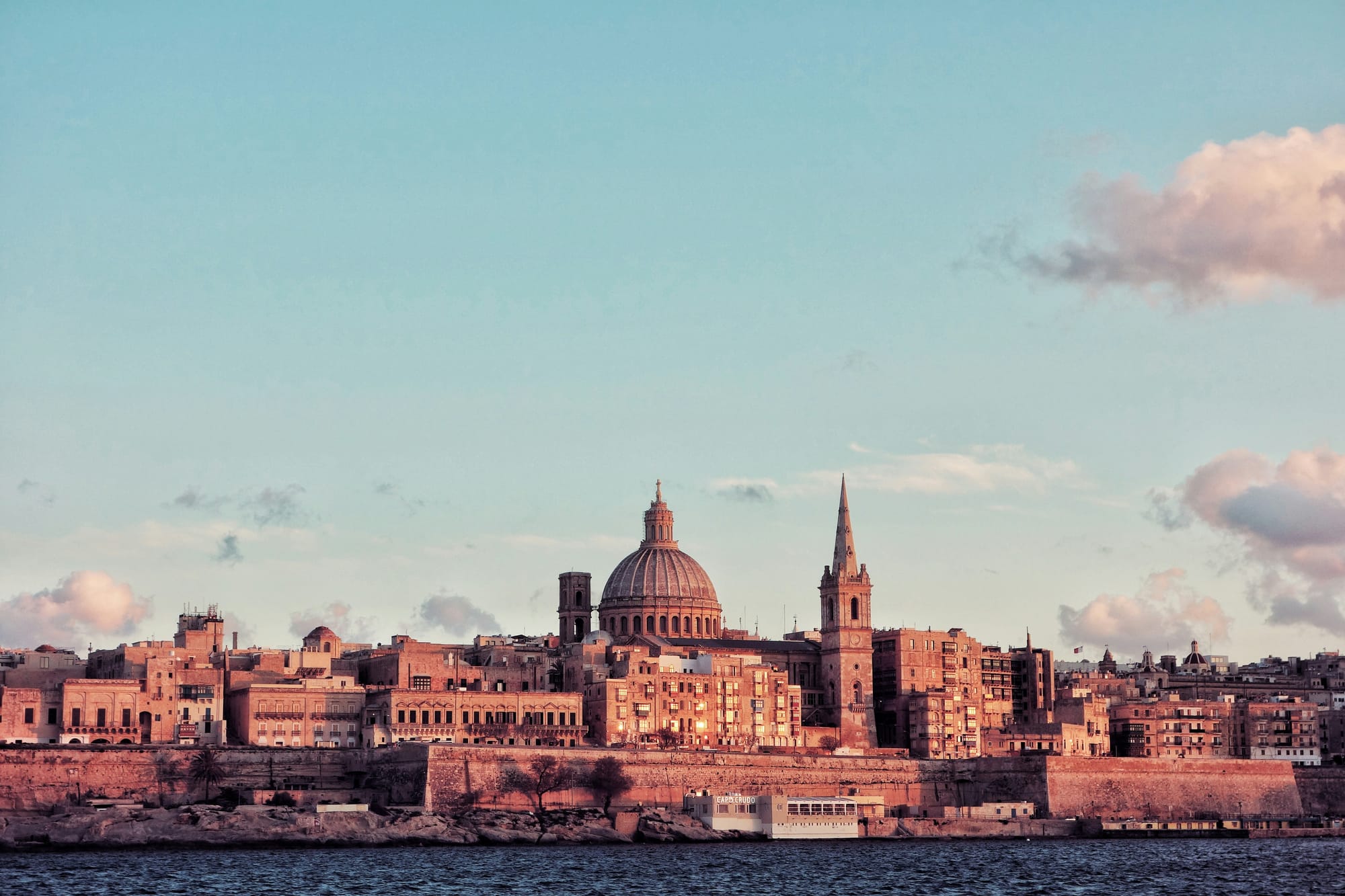What's life like for LGBTQ people in Malta?
Let’s take a look at some of the key equality indicators.

What’s life like for LGBTQ people in Malta? Let’s take a look at some of the key equality indicators.
Is homosexuality legal in Malta?
Yes. Same-sex sexual activity was decriminalised in 1973.
Are there anti-discrimination protections for LGBTQ people in Malta?
Yes. Comprehensive anti-discrimination protections have been in place since 2004.
Is there Marriage Equality in Malta?
Yes. Marriage Equality was implemented in 2017. Legal recognition of same-sex relationships began in 2014.
What’s life like for LGBTQ people in Malta?
In general, Malta is a welcoming and accepting place for LGBTQ people - it frequently tops surveys as being one of the most progressive countries in Europe when assessed against equality criteria - for example, they have banned conversion therapy.
Local LGBTQ organisations report that Malta still has some work to do around tackling stigma surrounding HIV and ensuring access to PrEP.
What’s the history of homosexuality in Malta?
During the early days of the rule of the Order of St John (1530-1798), same-sex sexual encounters between men were seen as commonplace in Malta. It was accepted practice for men to have sex with other men. This included knights – whose oaths of celibacy were understood to only to apply to having sex with women.
By the beginning of the 17th century, attitudes had begun to change. William Lithgow, an English explorer writing in 1616, documented the execution of a Spanish soldier and a Maltese teenage boy who were burnt at the stake after confessing to sodomy. Lithgow reports that the day after the soldier and the boy were executed, around 100 male prostitutes left Malta and sailed to Sicily.
In 1814, Britain took possession of Malta. Control by Britain also meant the imposition of the British Penal Code – including its criminalisation of same-sex sexual activity between men.